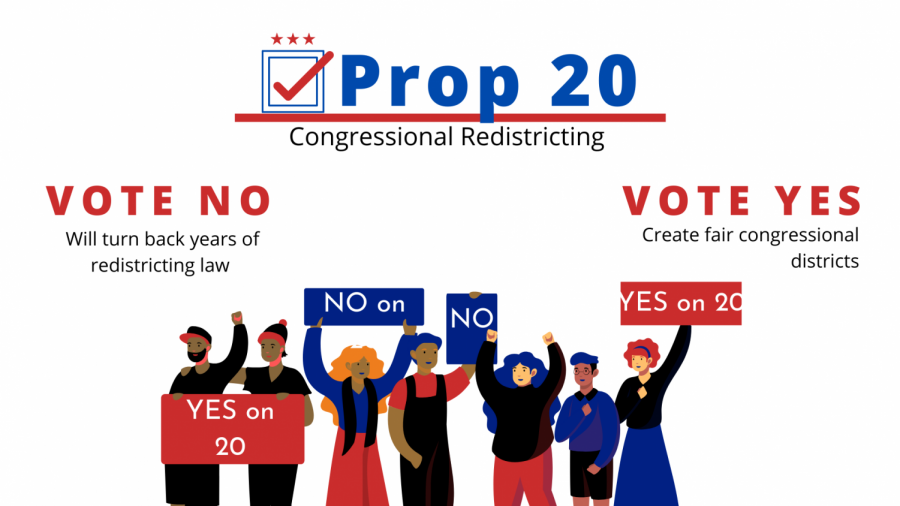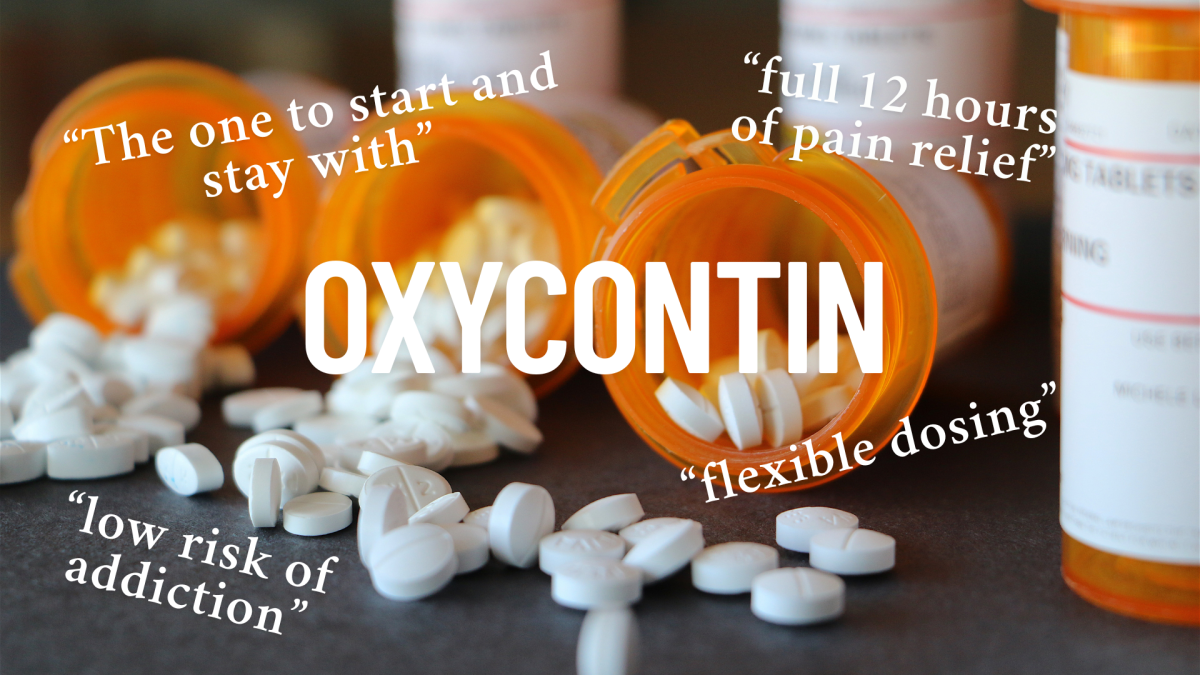Prop 20: Controversy on Criminal Justice
November 1, 2020
OVERVIEW
This November, criminal justice is on the ballot for California citizens in the form of Proposition 20—a mixture of policies regarding the penal system and sentence reform. The proposition seeks to do a couple of things. First, it would make several property crimes chargeable as felonies rather than just misdemeanors and increase penalties on theft-related crimes. It would also expand DNA collection and add to the criteria considered for nonviolent offenders seeking early release through parole. The initiative’s various aspects and implications have stirred up controversy, however.
This November, criminal justice is on the ballot for California citizens in the form of Proposition 20—a mixture of policies regarding the penal system and sentence reform. The proposition seeks to do a couple of things. First, it would make several property crimes chargeable as felonies rather than just misdemeanors and increase penalties on theft-related crimes. It would also expand DNA collection and add to the criteria considered for nonviolent offenders seeking early release through parole. The initiative’s various aspects and implications have stirred up controversy, however.
YES
The American justice system is highly flawed. Active change is necessary for systemic improvement to criminal justice policies and, furthermore, the system itself. Supported by law enforcement groups such as the California Police Chiefs Association and the California District Attorneys Association, Prop 20 seeks to make a variety of reforms and counter flaws created by prior policies (Prop 47 and Prop 57).
Under Prop 47, convicted child molesters and sexual predators are eligible for early release through parole. This initiative would add to the criteria a parole board takes into consideration regarding early release, including the felon’s age, attitude about the crime, and mental condition.
The proposition would reclassify 51 crimes and sentence enhancements—such as rape of an unconscious person, trafficking a child for sex, and felony demostic violence—as violent crimes.
When asked about their view, a student at Amador said, “There is a loophole in the justice system. . .caused by prior policies. . .that allow criminals early release. We have the opportunity to change it with [Prop 20’s] implementation. . .working to address penal flaws is a necessity to not only the system, but to society as a whole.”
Over 450 violent crimes have gone unsolved due to decreased DNA collection. Prop 20 seeks to change that by reinstating DNA collection for certain crimes initially reduced to misdemeanors.
“[T]he expanded DNA collection due to Proposition 20 will help solve many terrible crimes, such as murder and rape,” said an anonymous student at Amador.
A 2018 study conducted by the nonpartisan PPIC, or Public Policy Institute of California, found evidence that Prop 47 negatively affected property crime. Theft has increased from 12% to 25% since the law’s integration.
“Statewide, property crime increased after 2014. While the reform had no apparent impact on burglaries or auto thefts, it may have contributed to a rise in larceny thefts, which increased by roughly 9 percent,” the study said.
By amending the shortcomings of both Prop 47 and 57, Prop 20 seeks to improve the justice system and return to a tougher stance against crime.
“Strengthened sanctions against [crime] is beneficial to public safety. . .[the system] needs to be stricter on crimes, regardless of their degree,” said an anonymous student at Amador.
NO
With a 500% increase in incarceration rates over the past 40 years, the prison population of America remains the largest in the world. The staggering increase of the nation’s prison populations is due to lawmakers amending policies despite constant crime rates and evidence that large-scale incarceration is not an effective strategy for maintaining public safety.
Implementing the policy would cost tens of millions of dollars every year. This would create massive fiscal burdens on the state and decrease funds to rehabilitation, mental health programs, schools, healthcare, and victim support.
“The prison system financially thrives off of simply keeping more people in prison… prop 20 is most likely a result of the potential financial gains for those in control of the system,” said Anusha Saha (‘20).
The penal system already disproportionately affects black and latino americans: 1 in 17 white men and 1 in 3 black men share the same chances of going to prison. By making it more difficult for those convicted of nonviolent crimes to gain early release via parole and allowing various theft-related crimes to be charged as felonies rather than misdemeanors, the system will further its adverse effects on people of color.
“I am against [increasing prison population and criminalizing more offenses] and thus against prop 20… the state needs to reevaluate its criminal justice system to broaden mental health assistance and restorative justice techniques where possible rather than ‘putting away more criminals’, which in turn is institutionalizing people of color and lower income folks [inordinately],” said Mrs. Wohlgemuth, an Amador AP US History teacher.
An emphasis on prison reform would benefit both the system and convicts.
“There’s evidence that prison reform reduces recidivism rates and helps former prisoners integrate into society after their sentences. Prisons themselves have a variety of issues such as, but not limited to, poor health and sanitation, abuse, human rights violations, and high cost… a significant percentage of current incarcerated people would benefit more from prison reform efforts than actual prison,” said Derica Su (‘20).
California has already attempted an uncompromising stance on crime with the 1994 Three Strikes Law. However, as attitudes changed and policies such as AB 109, Prop 47 (2014), and Prop 57 (2016) shifted the political pendulum in the other direction, people began to recognize that the priority should center on rehabilitation rather than suppression.
When a teacher from Amador was asked for their opinion on the return to a tougher stance on crime, they said, “I believe most people are capable of reform and redemption, and a just society must lean toward this outcome… a society must be judged for how it treats those lowest on the social hierarchy… in this case, CA has an opportunity to raise itself by extending justice instead of punishment to those in need of rehabilitation. A NO on Prop 20 would be the first step to achieving this.”





